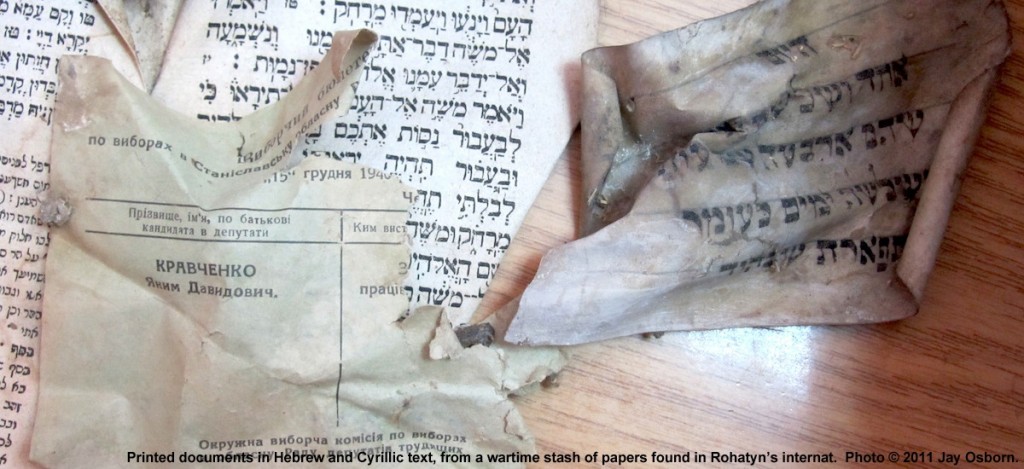This page is currently in development. Please pardon the incomplete assembly and broken links while we assemble a first draft version.
beit midrash (plural batei midrash): a Jewish religious study hall. It may be located in a synagogue or in a separate building, sometimes a building of its own. It is distinct from a synagogue, although many synagogues are also used as batei midrash and vice versa. From Wikipedia]
Chesed shel Emes: from Hebrew, meaning an act of loving kindness (or the truest act of kindness, since one cannot be thanked by the recipient of the charity), it applies to the final act of compassion to fellow Jews, the preparation of the body for burial and cemetery rites by a members of the community. [From Wikipedia and various sources]
landsmanschaft (plural Landsmanschaftn): a benefit society of Jewish immigrants from the same European town or region. [From Wikipedia]
Livayat HaMet: from Hebrew, the Jewish commandment and kindness to accompany the dead in their final burial place. [From MyJewishLearning]
matzevah (also matzeva, matzeyvah, matzeivah; plural matzevot): In the Old Testament, matzevah is used to designate a stone memorial or monument, or more specifically (as in the case of Rachel), a tombstone or headstone resting upright on a grave. This latter meaning is retained in modern Hebrew. [From Encyclopedia Britannica, Wikipedia, and JEL]
mikveh (also mikvah; plural mikva’ot or mikves): a bath used for ritual immersion in Judaism, for example before entering a temple. [From Wikipedia]
mitzvah (plural mitzvot): a commandment in Jewish custom and/or law. Related: mitzveh, a Yiddish term for an act of human kindness. [From Wikipedia]
pintele yid (plural pintele yidn): essential Jewishness, the “Jewish spark”, the “internal Jew” [From JEL]
rynek (Ukrainian Площа Ринок, rynok): the Polish word for a market square or market place. The original central rynek in Rohatyn now functions as a town square, called Roxelana Square (Площа Роксолана). [From Wikipedia]
sokol (Polish sokół, Ukrainian сокіл): a youth sports and gymnastics movement popular in Central Europe in the 19th and 20th centuries; also the individual clubs and buildings associated with the movement. Some clubs incorporated elements of romantic nationalism, and supported slavic revivals several times from the mid-19th century, but the clubs were also popular among other groups, including Jews in the region. [From Wikipedia]
tikkun olam: a Hebrew phrase meaning “repairing the world” or “healing the world”, referring to humanity’s shared responsibility to heal, repair and transform the world. Included in Aleinu, traditionally recited at the end of Jewish prayers three times per day. [From Wikipedia and MyJewishLearning]
